Lecturers and Students of Politeknik Piksi Ganesha Creates a Prototype: IoT-Based Water Replacement and Temperature Control
November 21, 2023
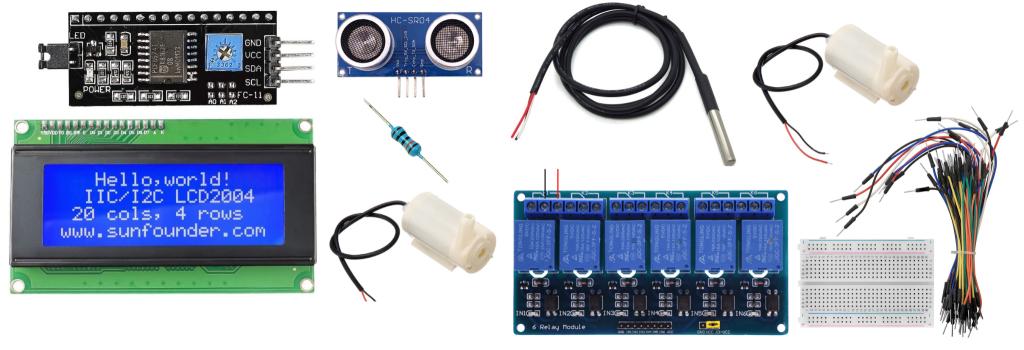
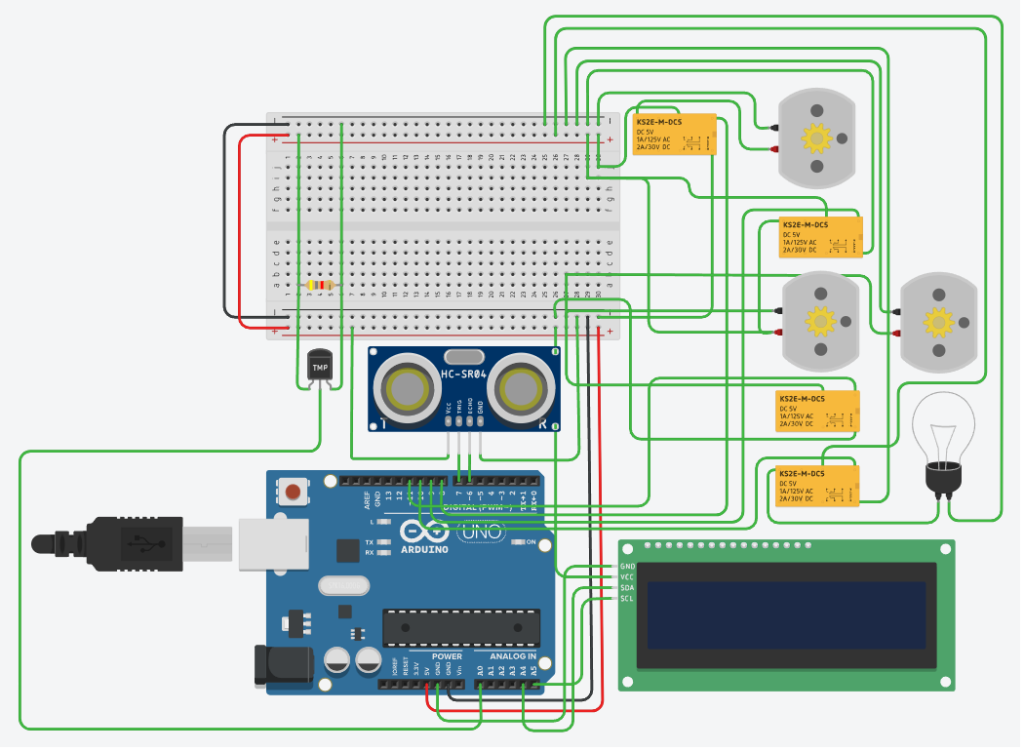

Politeknik Piksi Ganesha, an educational institution focused on the development of eco-friendly technology, recently launched an innovation supporting Sustainable Development Goal (SDG) 14, “Life Below Water.” This innovation is a collaborative effort between a lecturer (Ardelia Astrianty, S.Pd., M.M.) and a student (Fajar Wahyu Pratama) from the Computer Engineering Program. They have designed a smart aquarium system to enhance the sustainability of marine ecosystems. Specifically aimed at ornamental predator fish like channa and arowana, the system maintains optimal water quality and stable temperature through automated technology.
SDG 14 focuses on the protection of marine ecosystems and sustainable management of ocean resources. One way to support this is by creating systems that allow for more efficient and error-free aquarium maintenance. Ornamental predator fish, which require meticulous attention to water quality and temperature, benefit from a system that automates maintenance processes. Politeknik Piksi Ganesha has developed an Internet of Things (IoT)-based smart aquarium system aimed at simplifying sustainable aquarium care.
This smart aquarium system includes an ultrasonic sensor to monitor water levels, along with two pumps that automatically drain and refill the tank as needed. This automation feature is essential to maintaining a stable aquarium ecosystem without manual intervention, which is prone to error. Consequently, the system ensures that aquarium conditions remain optimal, supporting long-term marine ecosystem sustainability.
Additionally, the system is equipped with a DS18B20 temperature sensor to monitor water temperature. When the temperature falls below 22°C, the system automatically activates a heater to raise it, and a fan turns on when the temperature exceeds 30°C, keeping the temperature within a safe range for predator fish. By maintaining a stable temperature, the system promotes the health and well-being of fish that are highly sensitive to temperature changes.
To improve water quality, the system uses an ultraviolet (UV) light in the biological and chemical filtration process to sterilize the water, removing harmful bacteria, viruses, and algae. UV sterilization has proven effective in maintaining water clarity and reducing harmful microorganisms that can cause fish diseases. Thus, this system not only maintains water quality but also creates a healthy and safe environment for fish.
Beyond temperature and water quality control, the system also features an IoT platform that enables remote monitoring and control via a Telegram app. Students and lecturers can monitor aquarium conditions in real-time and receive notifications if there are issues to address. This feature makes aquarium maintenance easier and raises awareness about the importance of marine ecosystem sustainability through accessible technology. Going forward, the system will be enhanced with additional sensors, such as photodiodes to detect water clarity, pH sensors for water quality monitoring, and an automatic feeder to ensure proper feeding of the fish.
With this innovation, Politeknik Piksi Ganesha contributes not only to the care of ornamental predator fish but also to marine ecosystem preservation, supporting SDG 14 and reinforcing the campus’s commitment to eco-friendly technology.
Author: Falaah Abdussalaam
Editor: Adhita Arif Setyawan
#SDG14
#LifeBelowWater
#SmartAquariumSystem
#piksi
#piksiganesha
#piksijuara
#kampusungu
#kampusterbaik
#worldclasspolytechnic





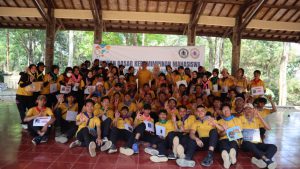
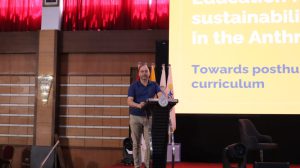
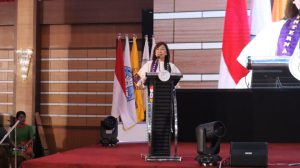

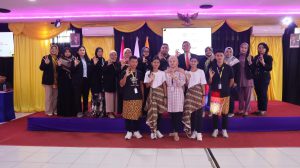


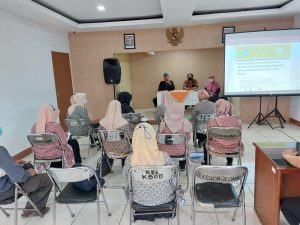

39 comments